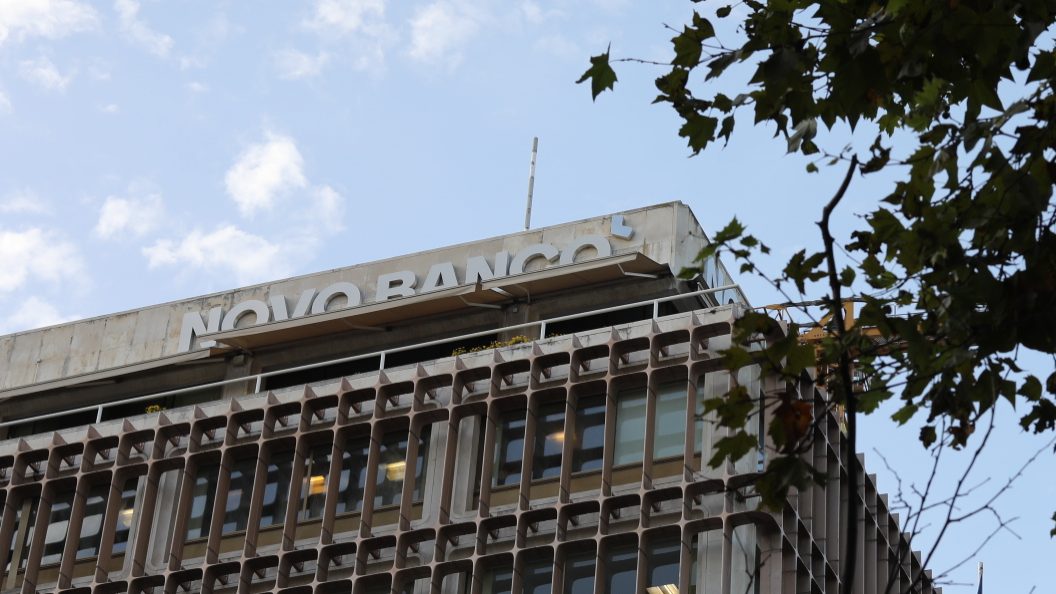Moody’s: If bond exchange fails, the risk of liquidation for Novo Banco increases
The agency extended the rating revision of the bank who is about to be sold to Lone Star. Moody's warns: if the voluntary bond exchange fails, it increases the risk of liquidation for Novo Banco.
Moody’s extended Novo Banco’s revision to a possible downgrade of the Caa2 rating because they don’t have enough information on the voluntary senior bond exchange proposal, aiming to make a 500 million euros’ capital reinforcement. The agency makes a new reminder: “If the LME [Liability Management Exercise] fails to succeed, there is an increased risk of a resolution or liquidation for the bank with consequent losses for creditors”.
On April 5th, the agency revised downwards Novo Banco‘s rating to an almost default level. At the same time, it started a negative revision of the institution, after the Bank of Portugal announced the voluntary bond exchange proposal for other securities as a vital prerequisite for concluding the sale process of former BES to the north-american fund Lone Star.
Given this scenario, Moody’s states this senior bond exchange is still on the table without having been added further information, which is the reason why they extended the revision maturity on Novo Banco’s senior debt rating revision.
“The extension of the review reflects the fact that Novo Banco’s LME on senior bondholders is still in the process of being defined and implemented. Moody’s expects to conclude the review on Novo Banco’s ratings once the rating agency will have further visibility on the completion of the LME, which is a requirement that needs to be fulfilled before Lone Star can complete the acquisition of a majority stake in Novo Banco”, argues Moody’s in a decision disclosed this Monday.
"If the LME fails to succeed, there is an increased risk of a resolution or liquidation for the bank with consequent losses for creditors.”
However, “if the LME fails to succeed, there is an increased risk of a resolution or liquidation for the bank with consequent losses for creditors”, the agency warns.



